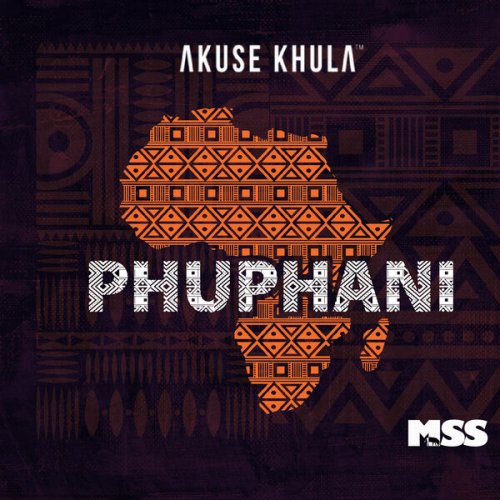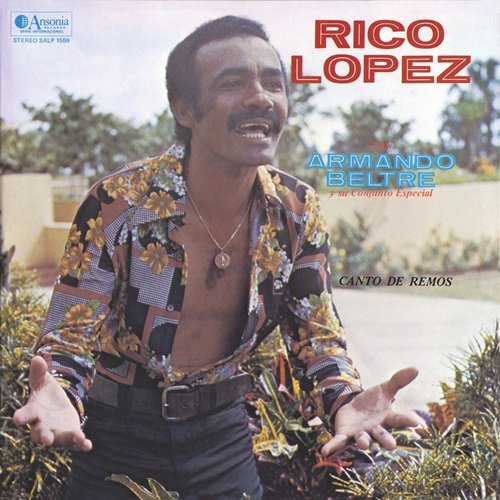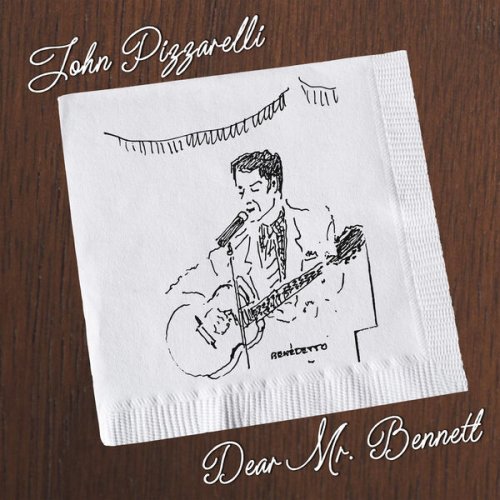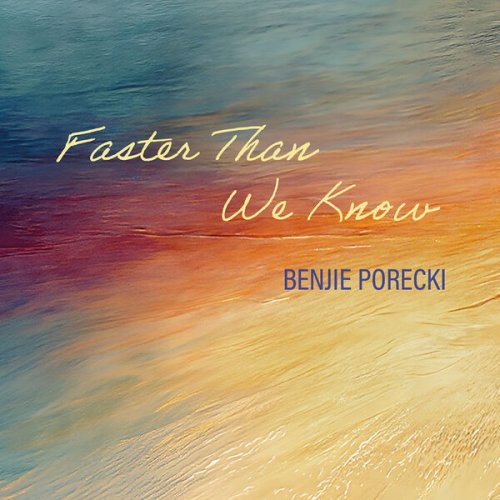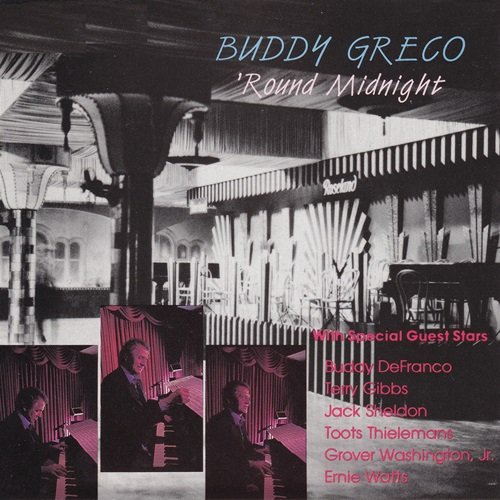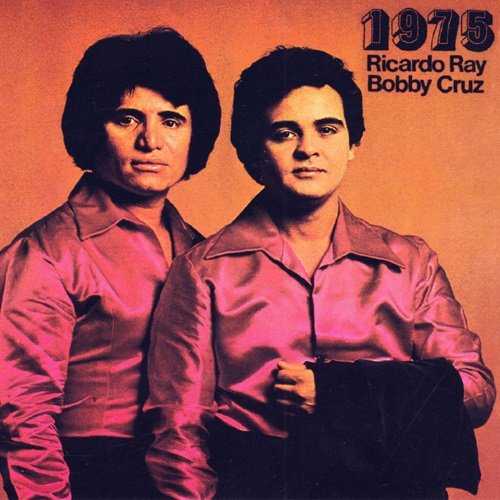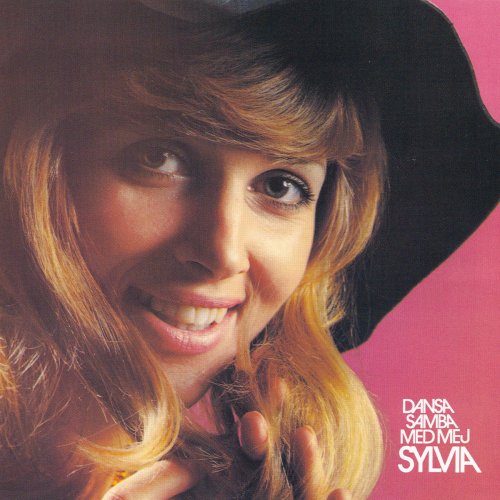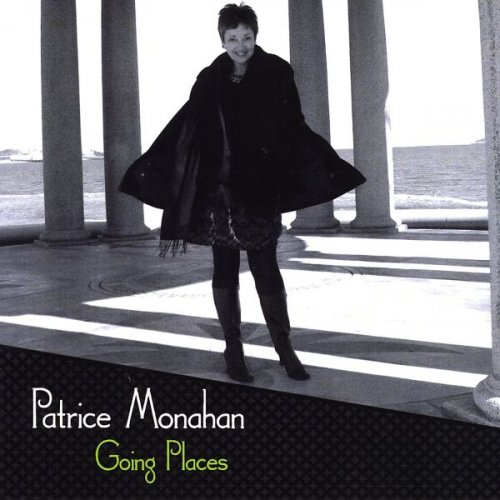Andreas Scholl, Julian Behr, Concerto di Viole - Crystal Tears (2008)
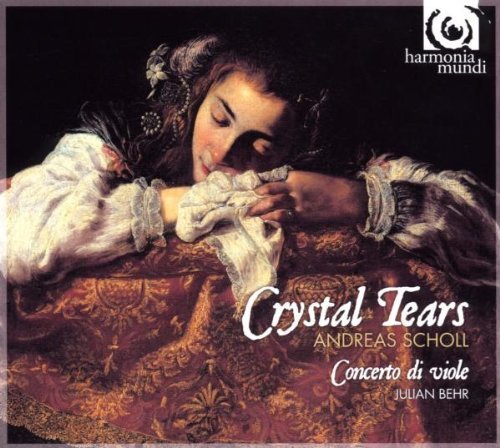
Artist: Andreas Scholl, Julian Behr, Concerto di Viole
Title: Crystal Tears
Year Of Release: 2008
Label: Harmonia Mundi
Genre: Classical
Quality: FLAC (image+.cue,log,scans)
Total Time: 01:19:32
Total Size: 338 Mb
WebSite: Album Preview
Tracklist: Title: Crystal Tears
Year Of Release: 2008
Label: Harmonia Mundi
Genre: Classical
Quality: FLAC (image+.cue,log,scans)
Total Time: 01:19:32
Total Size: 338 Mb
WebSite: Album Preview
01. John Dowland: Go, crystal tears 6:29
02. John Ward: Fantasia no. 4 3:30
03. John Dowland: Now, o, now, I needs must part 4:32
04. John Dowland: Go, nightly cares 4:02
05. John Ward: Fantasia no. 3 2:55
06. John Dowland: Sorrow, come! 3:59
07. John Dowland: Semper Dowland semper dolens 3:31
08. John Dowland: The Lady Rich her galliard 2:03
09. Robert Johnson: Have you seen the bright lily grow? 2:51
10. William Byrd: Though Amaryllis dance in green 3:43
11. John Bennet: Venus' birds whose mournful tunes 3:35
12. Robert Johnson: Full fathom five 2:10
13. Robert Johnson: Care-charming sleep 3:38
14. Patrick Mando: Like as the day 4:03
15. John Dowland: A Fancy 3:29
16. John Dowland: Time stands still 4:39
17. Alfonso Ferrabosco II.: Four-note pavan 4:49
18. John Dowland: From silent night 4:06
19. Anonymous: O, death, rock me asleep 2:57
20. Richard Mico: Fantasia no. 13 3:18
21. John Dowland: Come, heavy sleep 5:02
Performers:
Andreas Scholl, countertenor
Julian Behr, solo: tracks 07, 08, 15 (7-course Renaissance lute in g, -in f & 9-course Renaissance lute in e)
Concerto di Viole:
Brian Franklin (treble viol, bass viol)
Brigitte Gasser (tenor viol)
Rebeka Ruso (great bass viol in G)
Arno Jochem (bass viol)
Andreas Scholl's singing has been developing year by year.
In this more recent release, his singing style moved more and more towards pure art with no traces of pretenses or technical showmanship, no excessive vibrato or wild coloraturas. He did not even need to target at 'perfect vocal production'.
All these have become secondary stuff when you reach this level of artistry.
The other-wordliness of this album has to be heard to be catched. The accompaniments are scarce, and the voice becomes the sole focus in most vocal tracks (there are about half a dozen instrumental tracks).
There is also a timelessness in the interpretation by Scholl of Dowland's songs. It could well be Joan Baez who's singing; the timbres are not that dissimilar. It is exactly at this point when simplicity matters alone that true greatness surfaces.
Shorn of all flambouyancy, all embellishment, the musicality of the singer dictates the outcome in entirety.
It needs greatness to master simplicity, and Herr Scholl succeeds admirably here.
In this more recent release, his singing style moved more and more towards pure art with no traces of pretenses or technical showmanship, no excessive vibrato or wild coloraturas. He did not even need to target at 'perfect vocal production'.
All these have become secondary stuff when you reach this level of artistry.
The other-wordliness of this album has to be heard to be catched. The accompaniments are scarce, and the voice becomes the sole focus in most vocal tracks (there are about half a dozen instrumental tracks).
There is also a timelessness in the interpretation by Scholl of Dowland's songs. It could well be Joan Baez who's singing; the timbres are not that dissimilar. It is exactly at this point when simplicity matters alone that true greatness surfaces.
Shorn of all flambouyancy, all embellishment, the musicality of the singer dictates the outcome in entirety.
It needs greatness to master simplicity, and Herr Scholl succeeds admirably here.
